SUMMARY
This is AI generated summarization, which may have errors. For context, always refer to the full article.

A flurry of new data on Wednesday, December 23, provided more evidence the United States economy is faltering as COVID-19 cases have spiked.
Consumer confidence fell as incomes and spending declined, and new home sales slumped, according to government and private data.
And economists warn that the situation could deteriorate further without government help.
President Donald Trump has rejected the long-awaited, $900-billion pandemic relief bill that would extend aid to workers and businesses.
In a video message on Tuesday, December 22, he demanded Congress amend the package – finally approved after months of partisan wrangling – to increase the direct relief payments from $600 to $2,000.
The trove of data was “not nearly as great as hoped for,” said economist Joel Naroff in an analysis.
He pointed to the drop in personal income as the most troubling sign, saying “it is clear that people are not replacing their government welfare payments with private sector income.”
While new applications for US jobless benefits fell by 89,000 last week after 2 weeks of increases, they remain high and have risen in 4 of the past 6 weeks, the Labor Department reported.
Applications fell to 803,000 in the week ended December 19 from an upwardly revised 892,000 in the prior week, according to the seasonally adjusted data.
That was far below the level economists had been expecting, although analysts warn that the data can be erratic due to seasonal adjustment errors around the holidays.
As of December 5, 20.4 million jobless workers were receiving some form of benefits, more than 14 million of those under special pandemic programs that are due to expire, according to the report.
Claims skyrocketed after business shutdowns to halt the spread of COVID-19 started in March, and have remained above the worst single week of the 2008-2010 global financial crisis ever since.
Incomes, spending drop
Congress passed the $2.2-trillion CARES Act rescue package in March in the early days of the pandemic, which created a number of programs to expand the unemployment safety net.
The relief package approved late Monday night, December 21, would extend those benefits.
As the support payments have begun to wind down, personal incomes fell 1.1% in November, the second straight monthly decline, the Commerce Department reported.
The data showed overall expenditures fell 0.4% compared to October, which follows a report earlier this month showing a sharp drop in retail sales.
“A rapidly worsening health situation, weakening income, depleted savings for lower-income families, and cooler weather led consumers to slam their wallets shut in November,” economist Gregory Daco said.
And Ian Shepherdson of Pantheon Macroeconomics said, “A sustainable rebound in spending, however, will have to wait until the spring, and the lifting of COVID restrictions.”
New home sales drop
Meanwhile, sales of new single-family homes slumped 11% in November compared with revised October figures, according to Commerce Department data.
Housing has been a bright spot as the US reels from yet another surge in COVID-19 cases and hospitalizations, and the November figures were still 20.8% above the year-ago numbers.
But the sales figures were far below analyst expectations, and followed the first drop in existing home sales in 6 months, according to private data released on Tuesday.
Even with record low interest rates, the rising prices and falling incomes are taking a toll on sales, economists say.
The pandemic also is sapping consumer confidence.
The University of Michigan consumer sentiment index December rose to 80.7 from 76.9 points in November, according to the updated data on Wednesday, but that was below the 81.4 preliminary figure earlier in the month.
And the Conference Board reported on Tuesday a sharp drop in consumer confidence, driven by a slide in Americans’ feelings about the present situation. – Rappler.com
Add a comment
How does this make you feel?


![[Time Trowel] Evolution and the sneakiness of COVID](https://www.rappler.com/tachyon/2024/02/tl-evolution-covid.jpg?resize=257%2C257&crop=455px%2C0px%2C1080px%2C1080px)



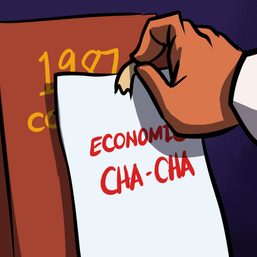





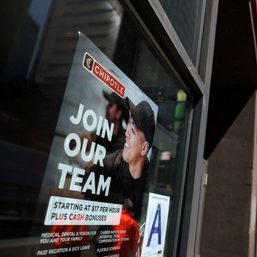
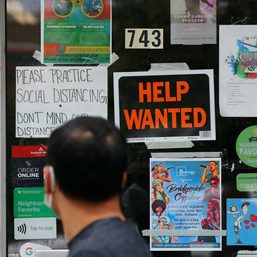
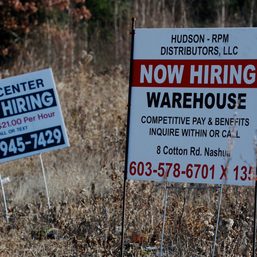

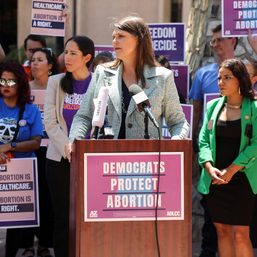



There are no comments yet. Add your comment to start the conversation.